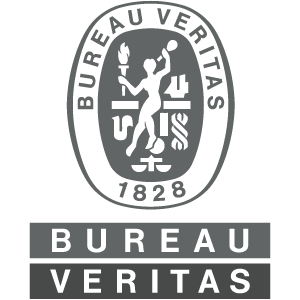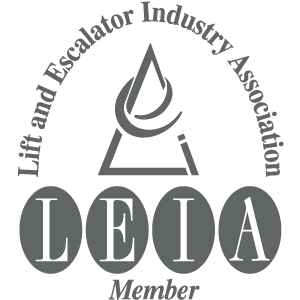Modern Slavery & Human Trafficking
1. Introduction
This policy sets out our zero-tolerance approach to modern slavery and how we are committed to acting ethically and with integrity in all our business dealings and relationships to ensure Modern Slavery is not taking place anywhere in our own business or in any of our supply chains.
2. Scope
This policy covers every individual working for us, irrespective of their status, level or grade. It therefore includes senior managers, officers, directors, employees, consultants, contractors, trainees, homeworkers, part-time or fixed-term employees, casual and agency staff (collectively referred to as workers in this policy).
This policy does not form part of any employee’s contract of employment and we may amend it at any time.
Breach of this policy will be dealt with under our disciplinary procedure and, in serious cases, may be treated as gross misconduct leading to summary dismissal.
We may terminate our relationship with other individuals and organisations working on our behalf if they breach this policy.
3. Responsibilities
The company Directors and senior management shall take responsibility for implementing this policy statement and its objectives and shall provide adequate resources (training, etc.) and investment to ensure that slavery and human trafficking is not taking place within the organisation and within its supply chains.
Management at all levels are responsible for ensuring those reporting to them understand and comply with this policy and are given adequate and regular training on it and the issue of modern slavery in supply chains.
4. Legal background
Modern slavery is a crime and a violation of fundamental human rights. It takes various forms, such as slavery, servitude, forced and compulsory labour and human trafficking, all of which have in common the deprivation of a person’s liberty by another in order to exploit them for personal or commercial gain. We have a zero-tolerance approach to modern slavery and we are committed to acting ethically and with integrity in all our business dealings and relationships and to implementing and enforcing effective systems and controls to ensure modern slavery is not taking place anywhere in our own business or in any of our supply chains.
We are also committed to ensuring there is transparency in our own business and in our approach to tackling modern slavery throughout our supply chains, consistent with our disclosure obligations under the Modern Slavery Act 2015. We expect the same high standards from all of our contractors, suppliers and other business partners, and as part of our contracting processes, we include specific prohibitions against the use of forced, compulsory or trafficked labour, or anyone held in slavery or servitude, whether adults or children and we expect that our suppliers will hold their own suppliers to the same high standards.
5. Policy
Compliance with the Policy
The prevention, detection and reporting of modern slavery in any part of our business or supply chains is the responsibility of all those working for us or under our control. You are required to avoid any activity that might lead to, or suggest, a breach of this policy.
A manager must be notified as soon as possible if it is believed or suspected that a conflict with this policy has occurred, or may occur in the future.
All employees are encouraged to raise concerns about any issue or suspicion of modern slavery in any parts of our business or supply chains of any supplier tier at the earliest possible stage.
If an employee believes or suspects a breach of this policy has occurred or that it may occur, they must notify their manager as soon as possible. They should note that where appropriate, and with the welfare and safety of local workers as a priority, support and guidance will be given to company suppliers to help them address coercive, abusive and exploitative work practices in their own business and supply chains.
If an employee is unsure about whether a particular act, the treatment of workers more generally, or their working conditions within any tier of our supply chains constitutes any of the various forms of modern slavery, they are to raise it with their manager.
Openness is encouraged and support is given to anyone who raises genuine concerns in good faith under this policy, even if they turn out to be mistaken. We are committed to ensuring no one suffers any detrimental treatment as a result of reporting in good faith their suspicion that modern slavery of whatever form is or may be taking place in any part of our own business or in any of our supply chains. Detrimental treatment includes dismissal, disciplinary action, threats or other unfavourable treatment connected with raising a concern. If it is believed that an employee has suffered any such treatment, they should inform the compliance manager immediately. If the matter is not remedied, the employee should raise it formally through their chain of command.
Communication and Awareness of this Policy
Awareness of this policy, and on the risk our business faces from modern slavery in its supply chains, forms part of the induction process for all individuals who work for Morris Vermaport.
A zero-tolerance approach to modern slavery must be communicated to all suppliers, contractors and business partners at the outset of our business relationship with them and reinforced as appropriate thereafter.
6. Review
This policy will be reviewed annually or if significant changes to the company or processes have taken place as per the BSI ISO 9001 Quality Management System. It is also to be reviewed on the change of directors.








